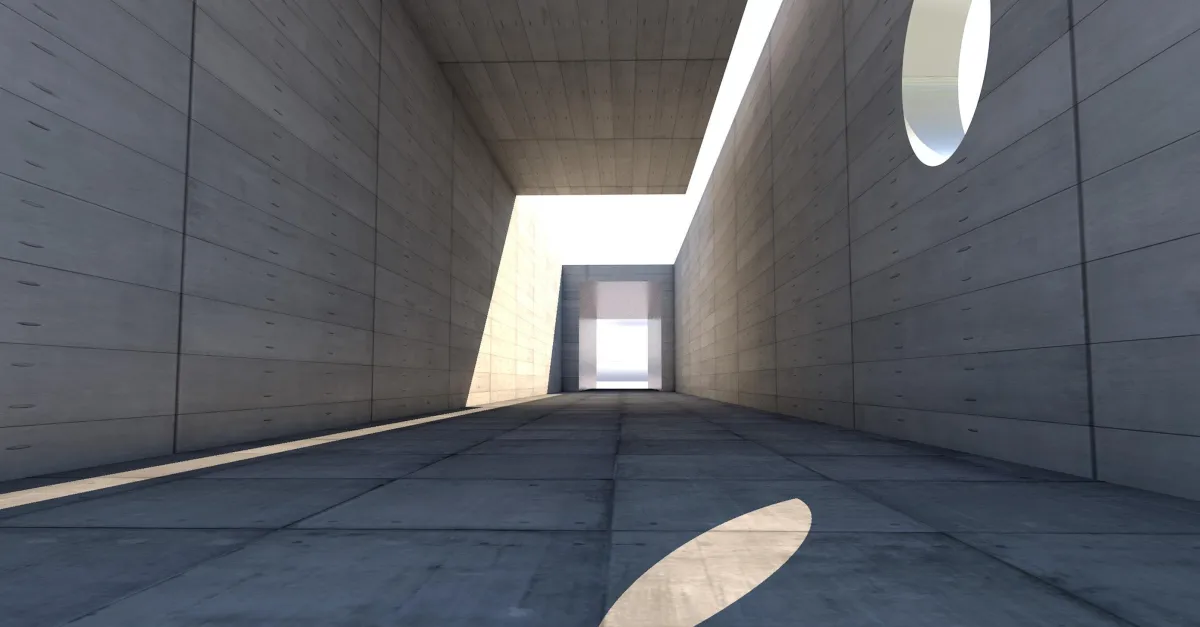The 901 Castor Blog

Why Concrete Fails?
Construction contractors understand the importance of concrete to any building project. However, despite its importance, concrete do fail.
Nevertheless, there are measures you may take to prevent concrete from failing.
Here, We'll go through some typical reasons for concrete to fail and some strategies for avoiding those problems.
Things You need to know about concrete.
Concrete is the primary building material used in constructing highways, pavements, apartment buildings, residences, and many other structures. Concrete is the binding material made from cement and sand that hardens over time when combined with water. Furthermore, a combination of concrete and steel is used to strengthen the durability of a building and make it more resistant to big loads. Concrete in Tennessee is widely used in the construction industry because of its excellent durability, mechanical strength, and resilience to heat and fire. Despite its many advantages, concrete might collapse if the proper precautions aren't followed.
Types Of Concrete failures
Here are the top 3 concrete failures homeowners in Tennessee experience:
Cracking
While there are a variety of causes for concrete cracking, severe cracking makes a concrete building unsuitable for human habitation. The use of a high slump concrete mix, an inappropriate subgrade, insufficient curing time, the absence of expansions and contraction joints, and so on are all contributors to cracking.
Blistering
When the air becomes trapped beneath a freshly poured layer of concrete, it causes the surface to develop blisters of varying sizes. It might be caused by poor finishing, severe vibration of the concrete, or trapped air. Additionally, blistering may also be brought on by the extreme moisture loss from the concrete's top surface.
Crazing
Crazing, sometimes called patterned cracking, is the asymmetrical development of minor fractures with close spacing. Crazing happens when the concrete's surface hardens too quickly, either because of extreme heat or because the mix has too much water content or has not been correctly cured.
How To Avoid Concrete Failures
Prevent air from being trapped
The failure of concrete may be attributed to the presence of air bubbles that have been trapped inside it. Concrete is made by combining gravel, sand, and cement, and air bubbles may get trapped in the material when poured into moulds.
Avoid overloading concrete moulds.
One of the leading causes of concrete failure is excessive loading. While various concretes are among the most durable materials available, they all have limitations. A good example is reinforced concrete when heavy loads or structures need to be supported.
Use only high-quality materials at all times.
You may also lessen the likelihood of concrete failure by using high-quality materials. This is true not just of the sand and gravel that goes into your mixture but also of the cement you choose. Using a reliable contractor and raw material supplier is essential for producing high-quality and very durable concrete.
Invest your money in the services of qualified experts.
It may be pretty costly if concrete fails. However, the easiest way to prevent concrete failure is to work with the experts with the years of expertise required to deliver q top-notch service.
OUR CLIENTS
We Love Our Clients
Office:
4865 Magee Dr, Memphis, TN
Call:
(901) 246-8966
Email:
info@901castor.com
Site:
901castor.com
Appointment:

